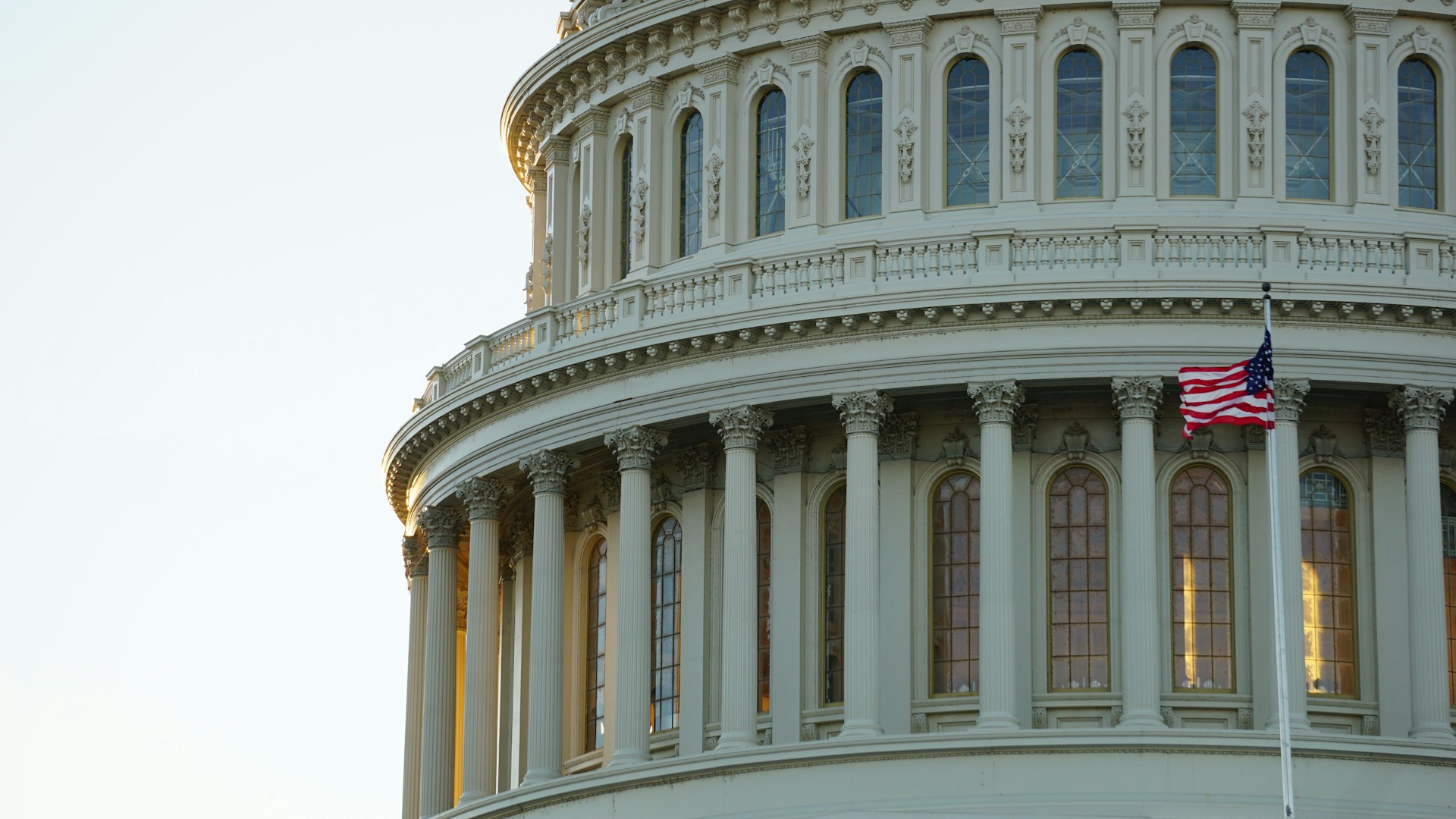Key Blockchain Bill Passes House Vote
The bipartisan bill, introduced by Rep. Kat Cammack (R-FL) and co-sponsored by Rep. Darren Soto (D-FL), mandates the creation of a Blockchain Deployment Program within the Commerce Department. This initiative will be tasked with developing voluntary national standards, reviewing cybersecurity vulnerabilities, and coordinating public-private partnerships, with the Secretary of Commerce serving as the President’s primary advisor on blockchain-related matters.
Following the successful House vote yesterday, Rep. Cammack stated that “The U.S. must lead in emerging technologies like blockchain to remain competitive,” adding that the bill “ensures we aren’t playing catch-up while other nations set the rules of the road.” With the U.S. taking the bull by the horns on the crypto front, doing the same with the underlying technology seems only sensible.
H.R. 1664 could pave the way for blockchain adoption across sectors such as healthcare, logistics, e-commerce, and decentralized identity, something that proponents want to see in the U.S. following growing global competition from countries like China and the UAE. The bill’s backers see it as a framework to protect infrastructure, streamline innovation, and ensure the U.S. remains at the forefront of blockchain technology.
While the bill outlines an ambitious federal strategy, participation remains voluntary for private sector companies, with businesses not compelled to adopt any standards, share data, or follow specific guidance, an approach that may help ease industry concerns over regulatory overreach. Advisory committees composed of stakeholders from tech, academia, cybersecurity, and rural communities are expected to be convened within 180 days of enactment, with the program set to run for seven years unless reauthorized.








